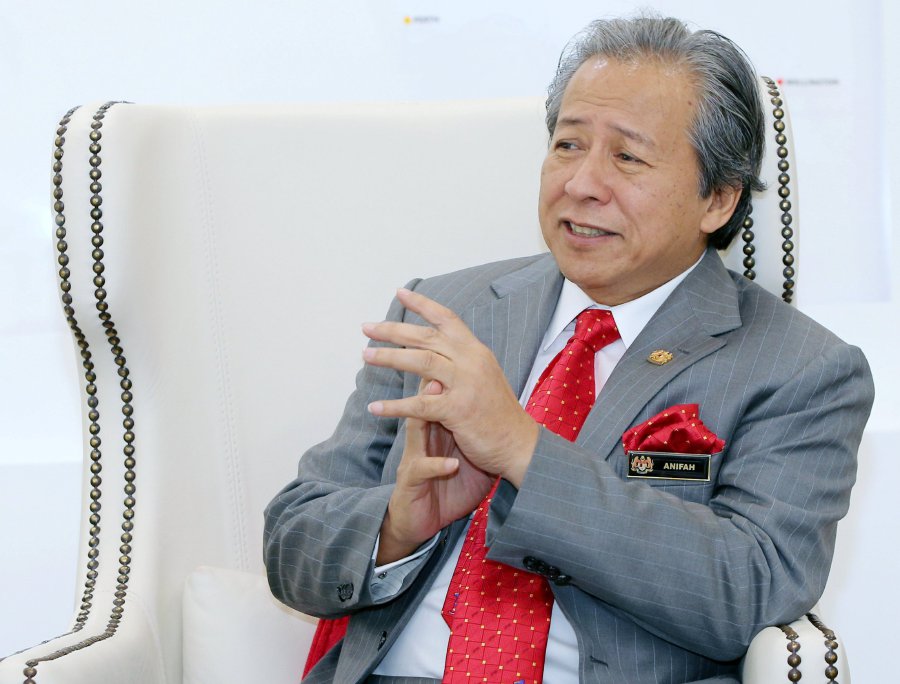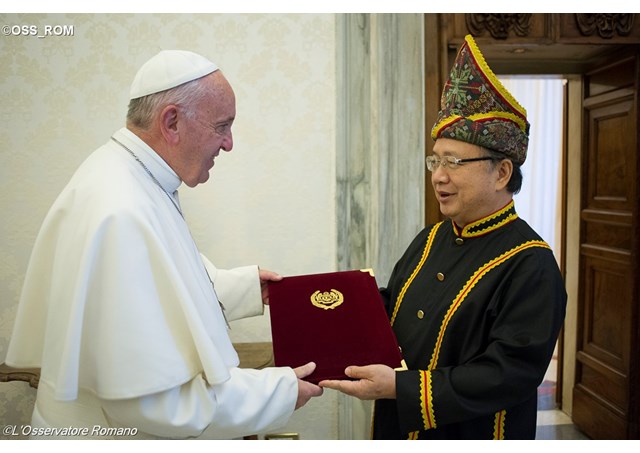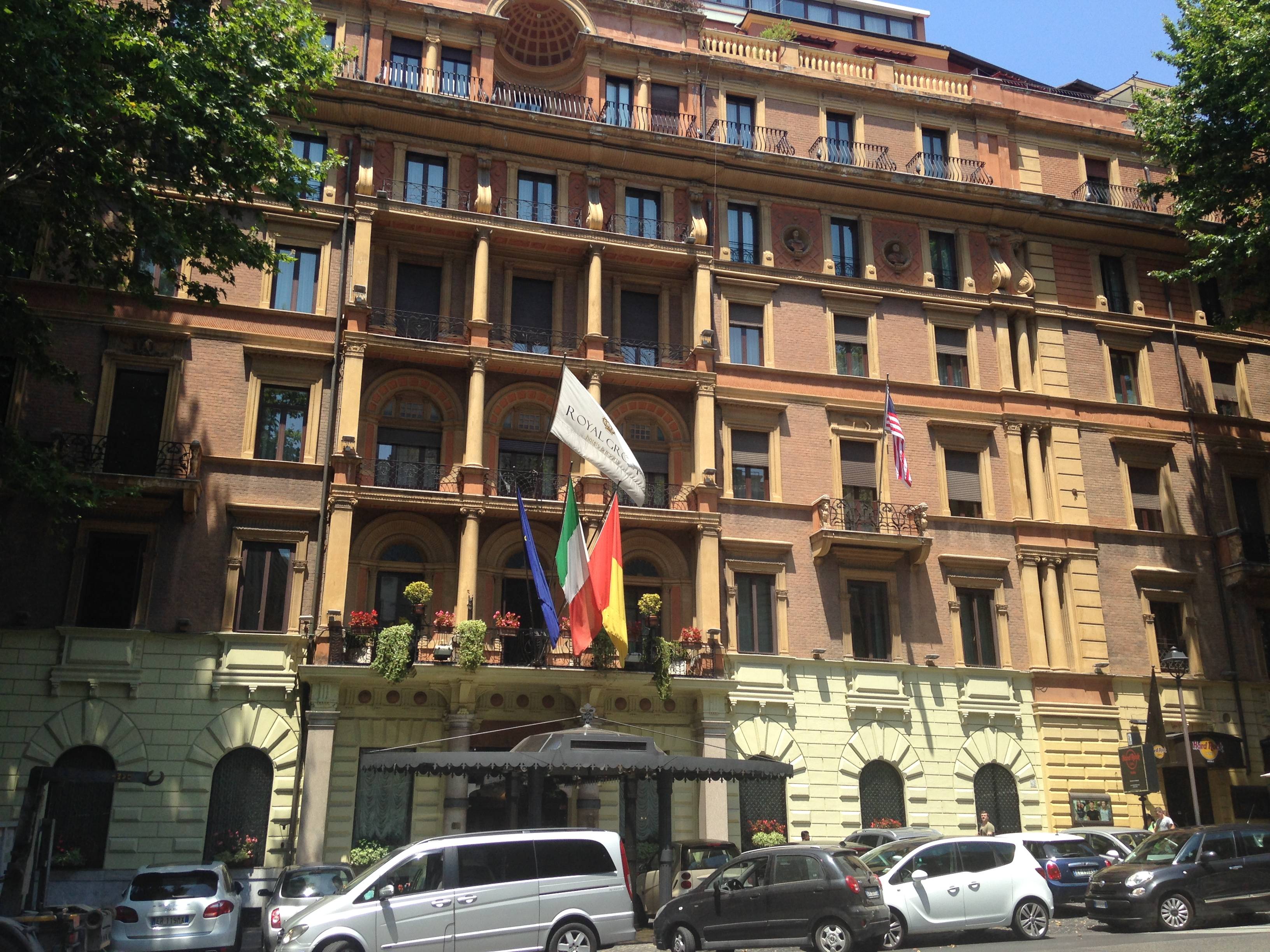There's A Malaysian Embassy In The Vatican Now
The embassy was opened on 9 May.
Foreign Minister Datuk Seri Anifah Aman opened the Malaysian Embassy to The Holy See on 9 May
Foreign Minister Datuk Seri Anifah Aman during an exclusive interview at Putrajaya after the opening of the Malaysian Embassy to The Holy See.
Image via NST/RAHIM RAHMATABD RAHIM RAHMATAccording to a report by New Straits Times (NST), when speaking at the inauguration of the Chancery of the Malaysian Embassy to The Holy See, Anifah said that opening of the embassy signifies Malaysia's commitment to strengthening the diplomatic relations between the two countries, focusing on religious issues and promoting better understanding of it.
His Excellency Bernard Giluk Dompok has been appointed as the first resident ambassador to the Holy See. He was previously the Chief Minister of Sabah (1998-1999) and a federal minister from the year 2004 till 2013.
Pope Francis welcoming the first Resident Ambassador of Malaysia to the Holy See, Tan Sri Bernard Giluk Dompok at the Vatican City.
Image via OSS_ROM/L'Osservatore Romano via Vatican RadioAnifah also mentioned that Malaysia first established diplomatic ties with the Vatican about seven years ago, on 27 July 2011.
"Following the establishment of diplomatic relations, Malaysia accredited the Malaysian Ambassador in Switzerland to The Holy See."
"On 25 November 2015, we made the decision to establish an Embassy of Malaysia to The Holy See, with residence in Rome." he added.
With an embassy in The Holy See, Malaysia can now participate in various international dialogues on an array of issues including, education, climate change, poverty, migration, and religious understanding
The foreign minister also took the opportunity to speak about how Malaysia believes in moderation to promote integration and ensure a peaceful coexistence by rejecting any form of extremism that undermines the true values of religion.
"One of the biggest challenges in today’s world is to fight extremist groups which are growing regionally and internationally. Extremism is a cancer to the world, as it creates chaos and political instability in a country."
"We have witnessed in the media the aftermath and chaos caused by the deeds of extremists. There is nothing to gain out of such deeds. In fact, the suffering of innocent people is indeed sad and inflammatory," said Anifah, as reported by NST on Monday, 9 May.


